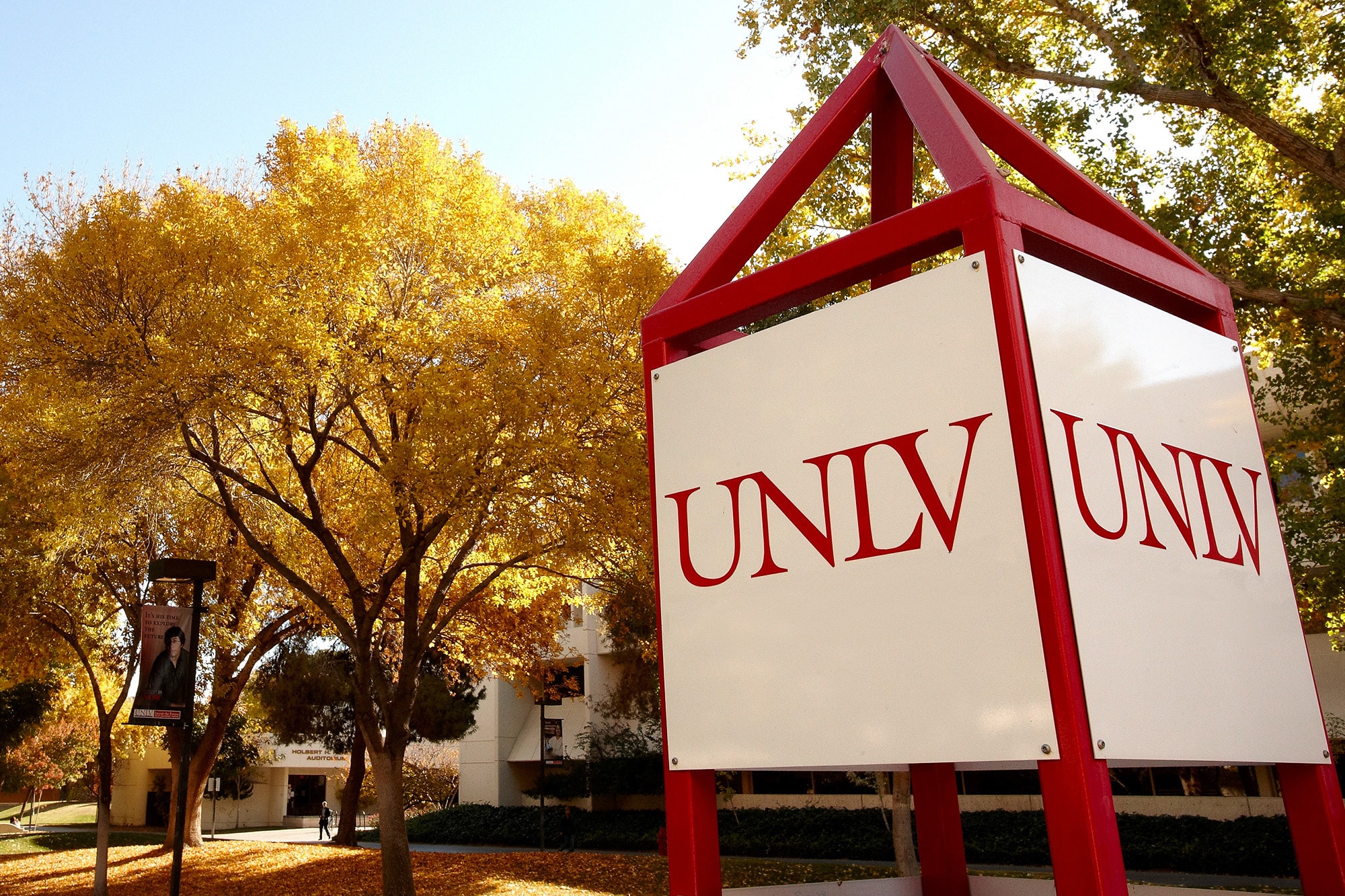In a continuing effort to provide the highest level of information on the national and international hospitality industries, the University of Nevada, Las Vegas International Gaming Institute (IGI) has released a report titled The Hospitality Industry's Impact on the State of Nevada.
IGI has collected and reviewed a variety of data relative to the economic, fiscal, and social impacts that hospitality-related businesses, the people they employ, and the visitors they attract have on the State of Nevada. The institute also has provided additional information on the history of the gaming and hospitality industries in Nevada, as well as on the state's regulatory structure.
The report contains socioeconomic, government revenue and expense, regulatory, and hospitality industry data collected from public agencies and published reports.
"We believe the data and findings provided to be accurate. However, the information was not subjected to any auditing or review procedures by IGI ; therefore, we make no representation or assurances as to its completeness," according to Shannon Bybee, IGI executive director.
The analyses and findings are dated as of the last day of the project fieldwork (Sept.15, 1998). The information and conclusions provided in the report are based on the findings of the researchers and their knowledge of the market as of the date of this report. This report does not take into account the events and circumstances that may occur after this date, Bybee said.
Points of interest in the report include the following:
--The hospitality industry is the largest business sector in Nevada's economy. As such, it "drives" the economic health of the state. While gaming remains its cornerstone, the industry has become multi-faceted, evolving to make retail, entertainment, recreation, and dining major components and attractions.
--In 1997, Nevada's tourism industry is estimated to have directly generated more than 307,000 jobs statewide, representing 35 percent of the state's total workforce (Nevada Commission on Tourism and Nevada Department of Employment Security). Including both direct and indirect employment impacts, the industry is estimated to be responsible for employing more than 60 percent of Nevada's total workforce (U.S. Commerce Department).
--Statewide spending in 1995 (latest data available) is estimated to have stimulated $31 billion in gross business receipts (U.S. Commerce Department).
--Travel spending is estimated to generate $2.2 billion in federal, state, and local tax revenues. State and local tax payments made by hospitality-related businesses, the residents they employ, and the visitors they attract totaled nearly $1.7 billion in FY 1997. Of this amount, $750 million went directly to the state's general fund, accounting for 60 percent of all general fund tax revenues.
--In FY 1997, hospitality-related businesses, the people they employ, and the visitors they attract contributed $650 million to state and local sales tax revenues, $240 million in ad valorem property taxes, and approximately $149 million to state and local government in room tax payments.
--Travel and tourism indicators began to show signs of softening during the last 18 months. While gross gaming revenues and hotel room inventory continue to increase, visitor volumes, convention travel, airport and highway traffic, park usage, and room occupancy rates are growing more slowly than historical averages, or have fallen.
--The State Gaming Control Board and Nevada Gaming Commission employ more that 420 people. Nevada's regulators and their staff investigate and license applicants, administer and enforce state gaming regulation, and ensure that gaming in Nevada is operated honestly and competitively.
--Strict standards are applied to all applicants for gaming licensure. These include, but are not limited to, proof of good character, honesty, integrity, and financial stability.
--In FY 1997, 2,663 gaming licenses were issued and active in Nevada. State gaming taxes paid by these licensees totaled nearly $570 million.
--Nevada's crime rate, when adjusted to reflect the state's visitor population, was lower than the national average. Further, the crime rate has fallen as gross gaming revenues have increased.
--Underage and problem gaming is an issue that the hospitality industry is taking steps to address. A reorganization of the Nevada Council on Problem Gaming was possible through the sponsorship of several Nevada gaming companies. The council is committed to promoting education, awareness, and treatment for problem gaming.



